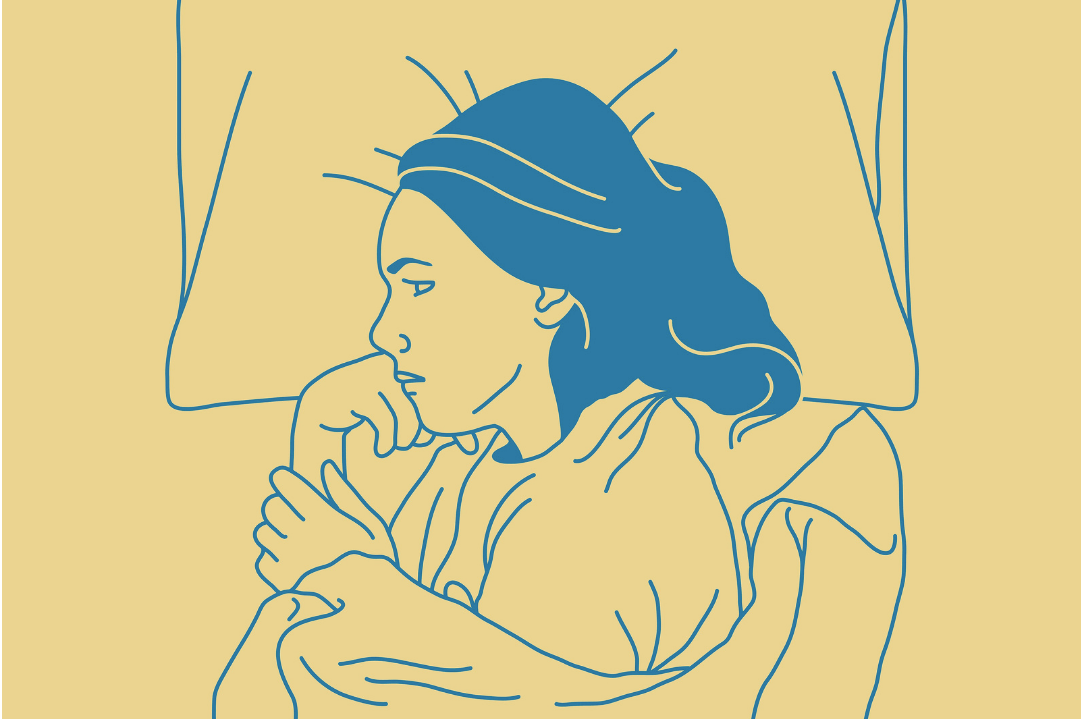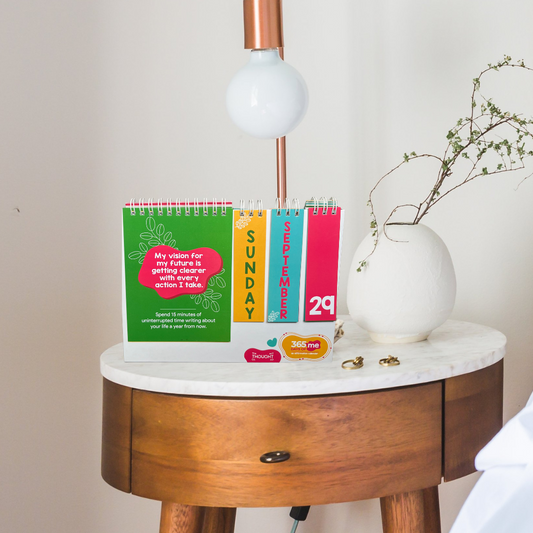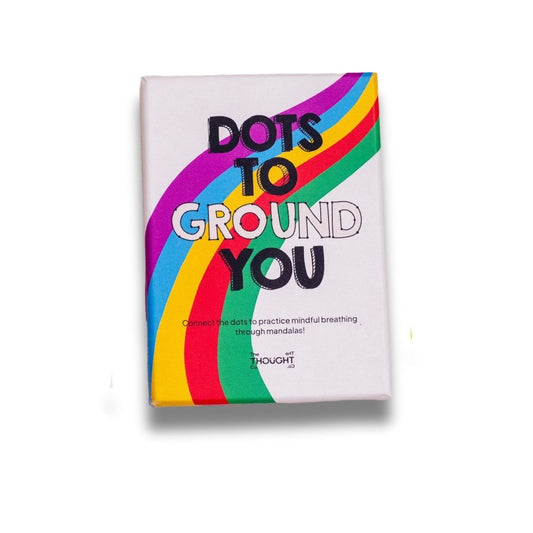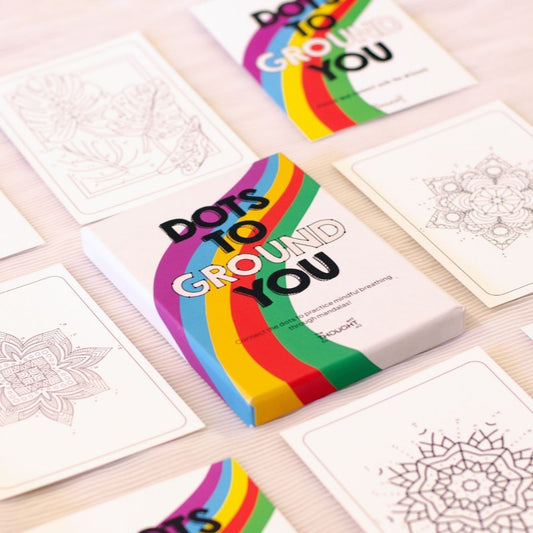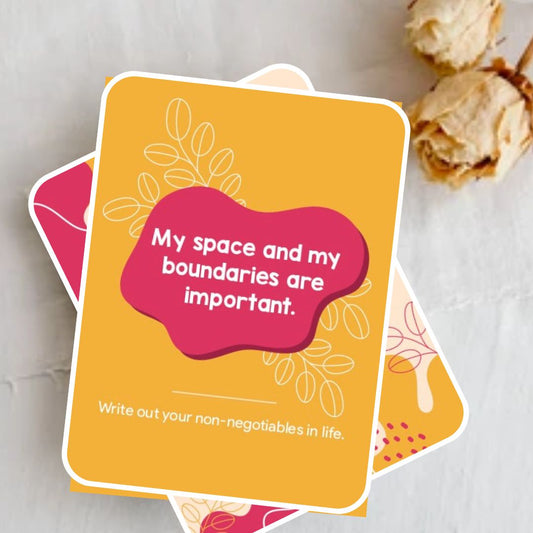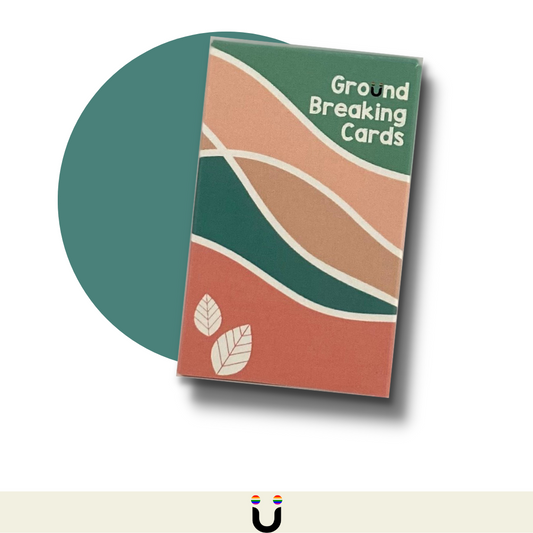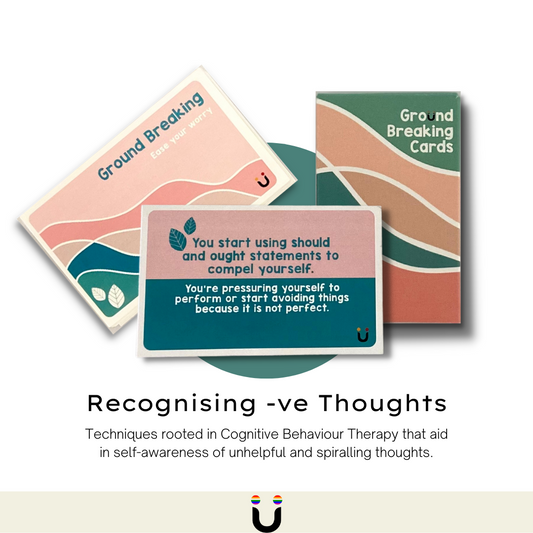The Pandemic has left us in a situation where death was experienced as frequent and out there for a lot of us. It now invades the current realities for all of us. We are now either in observance of a death within our family, in our close circles or within the communities we are part of. We are constantly aware of its presence, whether it is on television, the news, or through conversations.
Every time we face this reality, we tend to feel anxious. Anxiety surrounding this seeps into our lives in an ever pervading way and there is very little we can do about it. It seems to loom over us.
It is hard to stay immune and unaffected in the face of suffering and no matter what action we choose whether it is blocking sources of news, keeping our head down and working, Netflix-ing, distracting ourselves or just tarrying along, the experience of the suffering is still shared. It is like the pink elephant, we may not want to think about it but even by trying to ignore it, we do think about it.
The collective nature of this suffering is not limited to mourning the loss of a loved one, this could be extended to feeling the desperation looking for a ventilator or hospital bed, experiencing a sense of helplessness hearing the encounters people are having with the medical system, for our loved ones dealing with the loss on top of everything else, or just experiencing relief and dread at the same time when we see our family safe, wanting to and not wanting to talk to people at the same time.
This change is overwhelming and collective. Sometimes we don’t want to see it, but it is there. Just noticing that we may all be experiencing various stages of grief and loss as well as existential questions about the randomness and the fragility of life is overwhelming.
Phew! Writing this was heavy.
These circumstances make us realise our own fragility; the anxiety we’re facing makes us overwhelmed. This seems to be an all consuming, collective experience all of us face everyday.
In the midst of coordinating help for friends, staying online to keep oneself updated about current events and the pervasive feeling of helplessness, taking a short while to sit and breathe can sometimes feel a little too long and futile.
While some of us may find great comfort in doing, some of us may just want to be, and some may be vacillating between the two more frequently than imagined.
That being said, the space that we find ourselves in may be that of one we have experienced before but maybe not like this. Our inner lives may sometimes surprisingly mimic the uncertainty of the outer world we are part of and as much as that confuses us, our inner lives may confuse us too.
How does one hold space for the different feelings accompanying these experiences?
Being in the field of palliative care and working with death and dying for that short period of time drove home a point that none of my classes in psychology could. That as much as we theorise about the human experience, each experience is highly individualized and unique.
In such cases, theories and ideas of what grief should look like, make us question our experiences constantly trying to understand if our grief is going in the right trajectory when in reality there might not even be a right one.
However, within us, we are threading the balance between our collective grief and a more personal one.
Often the tendency arises of being ashamed about feeling okay, doing “normal” things, taking a break, feeling grateful for feeling safe. Sometimes we may be present to another’s grief and ignore our own, and sometimes in too much of being present, we manifest our longing to be absent, or the unacknowledged desire to be present to ourselves as well. For example, we might find ourselves burnt out because we’re trying to keep up with our daily routines, volunteer when we can and be there for the people who may have lost someone. In doing so, we might ignore our own losses (however small or big) and we may not make space for our own emotions coming out of that loss.
We hear many expressions of this collective experience.
Sometimes we wonder what it is that we should do. We may even wonder whether it is okay to feel what we are feeling.
If we look carefully we can find the space inside us to be present to another’s grief and also hold space for our own.
We usually are in a rush to get over it and get over our emotions, rarely do we take the time to acknowledge what we feel and let ourselves realize what comes from it. The current experience of cremations and burials shows us that we can forgo elaborate processes and at the same time enlightens us about the essentials of these processes. Minus all the religious ceremonies and rituals, the main purpose that they serve is bringing a community together in expressing the momentous occurrence in the journey of a family or person and that is the life altering journey of loss.
Grief and loss initially feel like insurmountable peaks before you realize that more than peak experiences they move like waves. There is an ebb and flow that in its randomness is also laden with meaning and closely mimics the experience of life. We can experience being randomly overcome by feelings of sadness and despair over the loss of a loved one but at the same time experience a connection that underlies this physical disconnect. Some of us may want to run away from the chaos of grief while some of us willingly embrace it, yet there are some of us who would surf that wave on some days and be washed away on others.
It is a strange place, the land of the bereaved. The strangeness added because it challenges the usual rules and norms that we follow. It calls for a slowing down, for acknowledgment and for expressing and understanding the experience of our pain.

